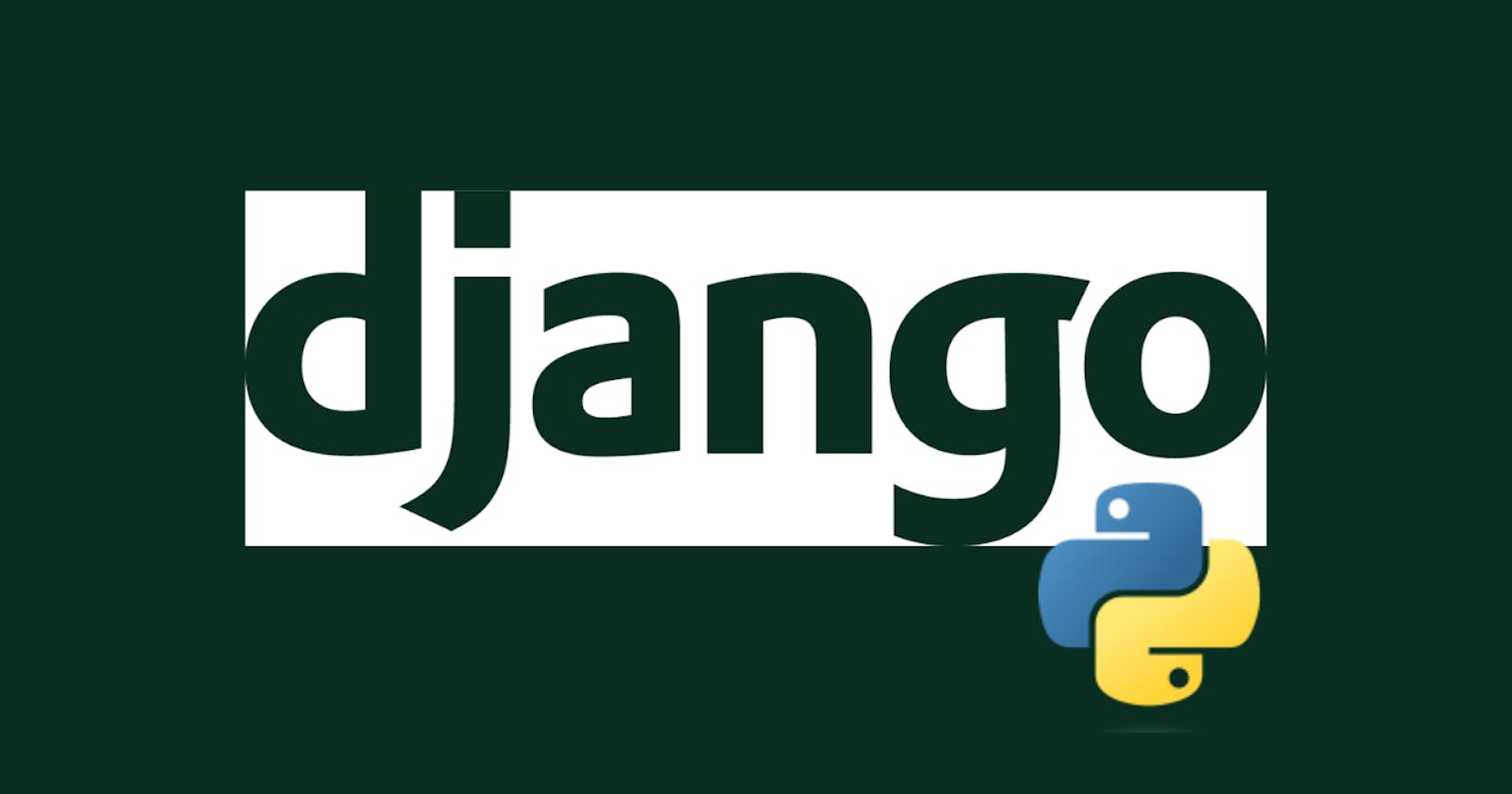As a Django beginner, it can be overwhelming to figure out which project is best for you to get started with. Is it okay to first do a project that you hope would get you a job in months after you started learning or is it a project that will be purely based on what you are learning and hoping to master?
These suggestions I make here are only to save you from spending so much time floating around different ideas confused about what would be the best first step.
You have to consider your particular situation and see what is within your disposition. This consideration is the first step. Here are the first three things to consider when choosing your first projects.
Your skill level. If you're a beginner, it's best to start with a simpler project. More complex projects can be overwhelming for beginners.
The amount of time you have. Some projects require more time to build than others. If you're short on time, it's best to choose a smaller project.
Your resources. Do you have the necessary resources to build your project? This includes things like hosting, domain names, and database access.
So how do you go out looking for that first idea that you hope would kickstart your career as a Django Developer whether professionally or as a hobby.
Think about your interests. What are you passionate about? What kind of websites do you like to use? You could build a Django project related to one of your interests. For example, if you're a fan of cooking, you could build a recipe website. Or, if you're interested in music, you could build a music discovery app.
Look at other Django projects. There are many open source Django projects available on GitHub. You can browse them to get ideas for your own project. For example, you could look at Django social networking apps, Django e-commerce apps, or Django blog apps.
Ask for help. If you're stuck, don't be afraid to ask for help from the Django community. There are many online forums and chat rooms where you can get help with Django development.
Solve a problem. Think about the problems that you or other people have. Could you build a Django project to solve one of these problems? For example, you could build a Django project to help people find jobs, to help people learn new skills, or to help people manage their finances.
Attend hackathons. Hackathons are a great way to meet other developers and come up with new project ideas. There are often hackathons that are specifically focused on Django development.
Talk to people. Ask your friends, family, and colleagues what kind of Django projects they would like to see. They may have some great ideas that you hadn't thought of.

Remembering to filter your options through the factors listed above, these are some ideas for your first Django project:
A personal blog. This is a classic Django project that's perfect for beginners. You can use it to practice your Django skills and share your thoughts with the world.
A portfolio website. If you're a web developer or designer, you can use Django to create a portfolio website to showcase your work.
A to-do list app. This is a simple but useful project that can help you stay organized.
A poll app. This is another simple project that can be used to collect feedback from users.
A social media app. This is a more complex project, but it can be a lot of fun to build. You could create a simple Twitter clone or something more ambitious like a full-fledged Facebook clone.
You've come up with a pretty good idea of what your project would be. You proceed to build your product and make sure it is truly the best project for you to pursue.
What features do you want your project to have? Make a list of all the features that you want your project to have. This will help you stay focused and avoid getting sidetracked.
How will you structure your project? Django projects are typically structured into apps. Each app represents a different feature of the project. For example, you might have a blog app, a portfolio app, and a to-do list app.
What database will you use? Django supports a variety of databases, including PostgreSQL, MySQL, and SQLite3. Choose the database that is right for your project.
How will you deploy your project? Once your project is finished, you'll need to deploy it to a server so that users can access it. There are many different ways to deploy a Django project. You can choose the method that is best for you and your project.
Here are some additional tips:
Don't be afraid to start small. It's better to start with a small, working project than to try to build a complex project right away.
Don't be afraid to ask for help. There are many Django developers who are willing to help beginners. If you're stuck, don't be afraid to ask for help on the Django forum or on Stack Overflow. Check the Django Documentation.
Have fun! Django is a powerful framework that can be used to build a wide variety of web applications. Enjoy the process of learning and building your first Django project.
